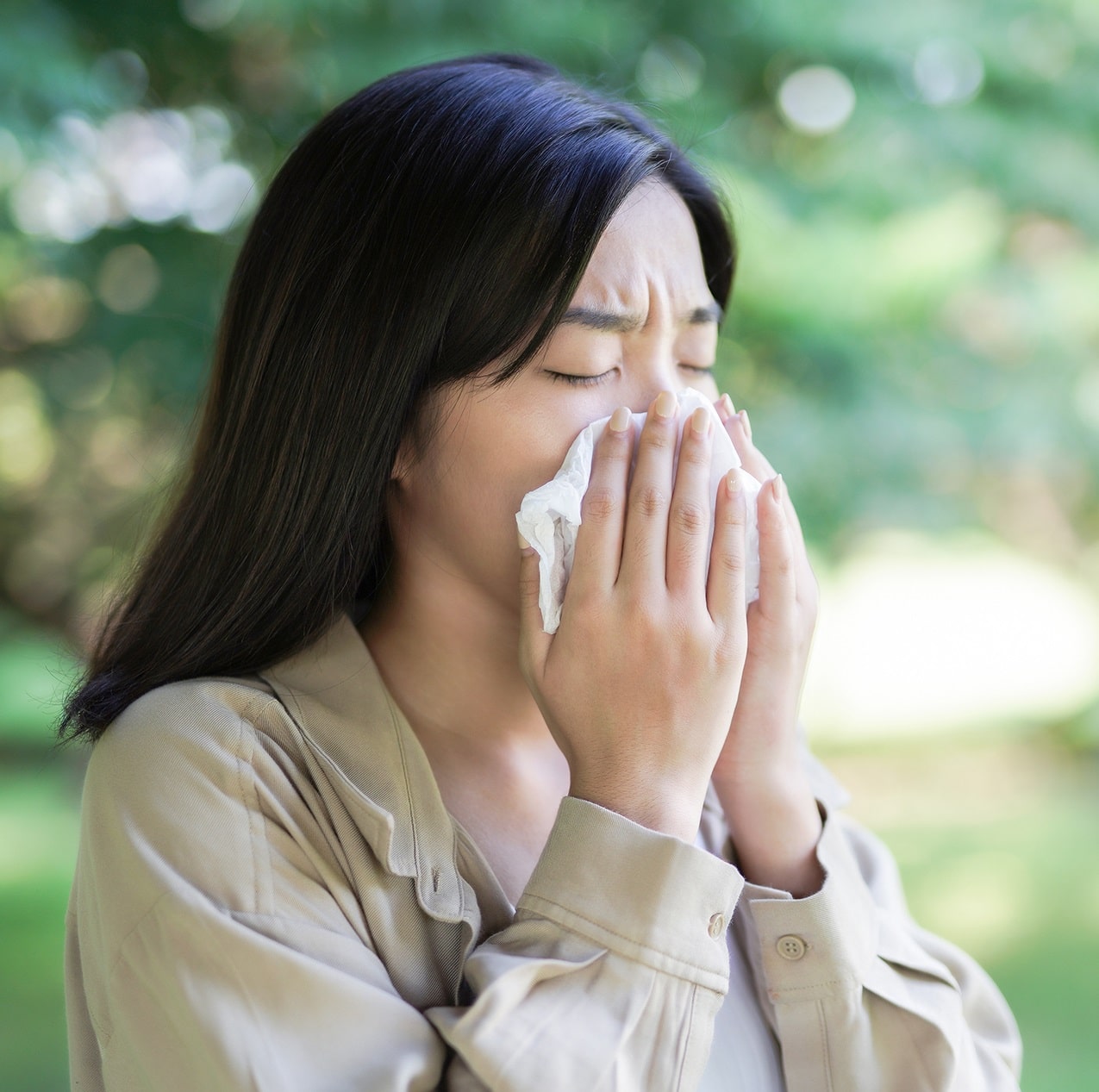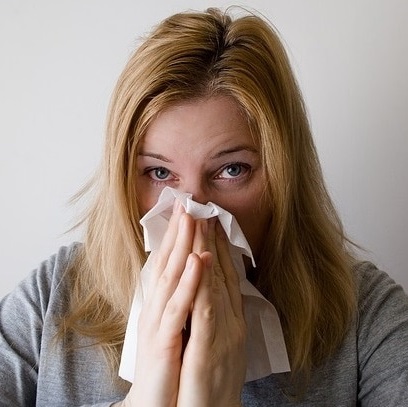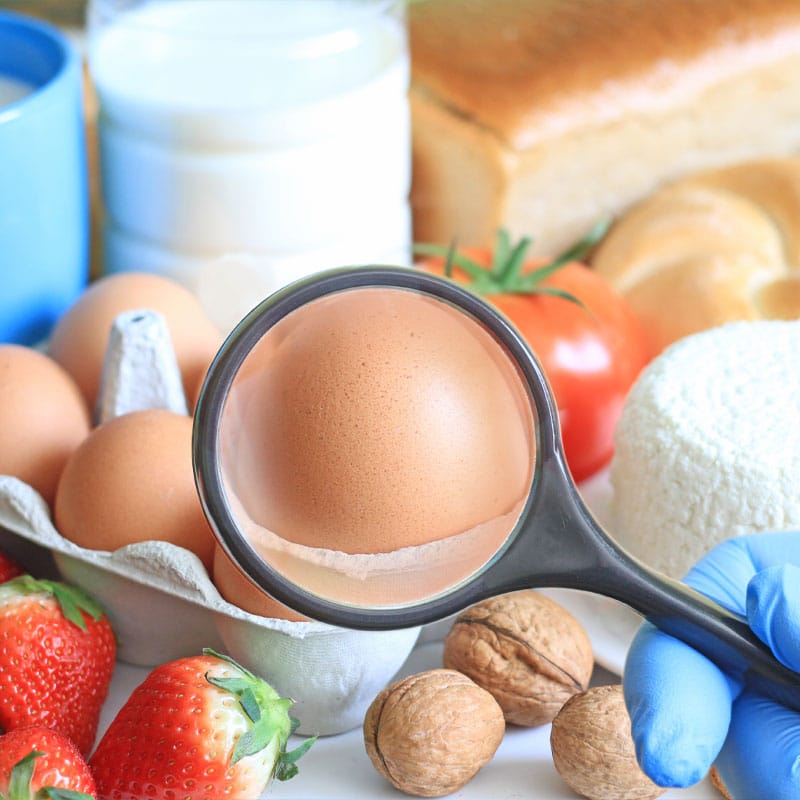
In Chinese medicine the immune system is known as Wei Qi or Defensive Qi. The main function of Wei Qi is to protect the body from external pathogens that can make you sick. Most recently, scientists have been able to determine the role acupuncture plays in boosting the body’s immune system by enhancing the production of natural killer cells, which are the primary defense mechanism against organisms that make us sick. Acupuncture also acts on a complex immune building system that regulates white blood cells which are directly related to the fight against infections. You do not have to wait until you’re sick to benefit from the immune boosting benefits of acupuncture. You can begin regular acupuncture visits now as part of your preventative regime to ward off colds and the flu. If you are interested in a natural way to boost your immune system, you may want to consider acupuncture.
You’re personal pharmacy should have lavender, lemon, oregano, eucalyptus, and tea tree essential oils which have anti-microbial agents to ward off bacteria and viruses. Some, also have decongestant properties which will help you breathe better if your nose is stuffy and you’re coughing. These essential oils are quite strong so it’s best to use them in a diffuser at the office or bedroom. You can also add up to 10 drops in your bath or mix 1 drop to your regular moisturizer before applying it to your face, neck and chest.
Keeping your body healthy and strong by eating a wholesome diet is critical in supporting the immune system. Here are specific foods that boost
Recipe:
Pear Tea for Phlegmy Cough
4 pears, skin on, cut, cored
3 cups filtered water
Simmer water and pears over low heat for 1 hour, uncovered. Strain pears from syrupy liquid. Drink 1 cup liquid, warm, three times per day. Keep refrigerated for up to 3 days. I like to make a big batch (by multiplying the recipe by 4) so that my entire family has enough for 3 days. It’s important that the pear tea be drunk warm.






















